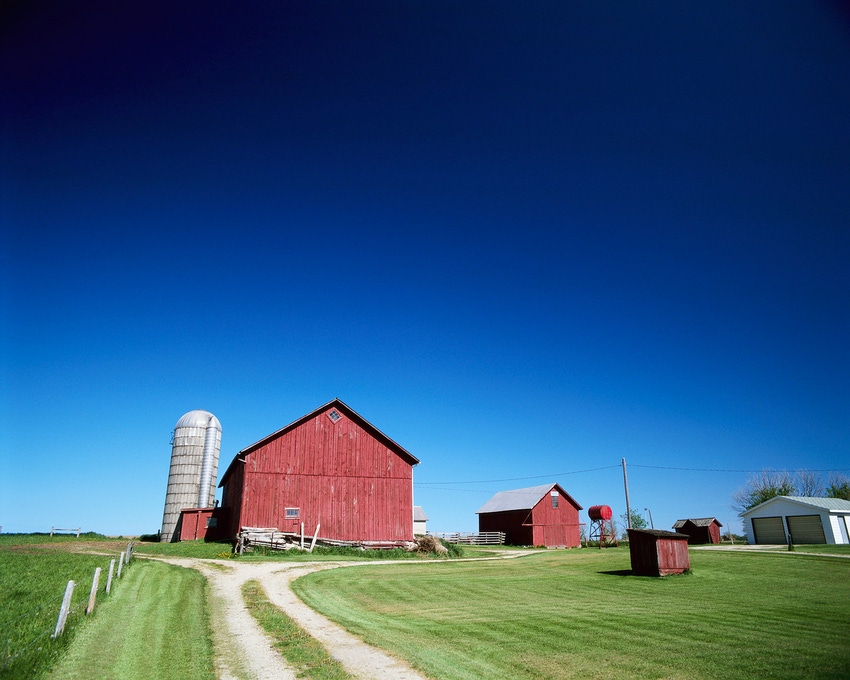
Is a dairy the "perfect storm" for respiratory illnesses?
Garnet Cooke thinks so. "Dusts, oxides, methane, acids and confided spaces make a dairy the perfect storm for respiratory illnesses," says the Oregon Department of Consumer & Business Services Health Compliance Officer.
But then most of agriculture is an accident waiting to happen in terms of respiratory problems, she adds, although many producers aren't aware of the dangers.
In dairies, for example, workers may become so accustomed to the smells of hydrogen sulfides -- a fume that can kill -- that they no longer notice when the problem gets worse..
"They simply cannot smell it any longer," she says.
|
Lori Cohen, left, and Garnet Cooke provide Oregon farm inspections for health problems. Free consultations are available through their OSHA office. |
But that rotten egg odor is a red flag that the killing presence of sulfides should be addressed. "Five in one family died recently in Virginia due to sulfides," she notes.
The respiratory ailments among farmers are no secret, with many who work in agriculture living with the diseases that can result.
"Thirty percent of then respiratory illnesses in the U.S. are among farmers," she states.
Among the many respiratory threats on the farm is crop burning, a situation which has led to oxygen deficiencies in some workers, she says. "Manure tanks and air-tight silos offer similar threats," Cooke notes. "Using better ventilation, less toxic material and the proper respiratory equipment can avoid problems."
Farmers concerned with air problems may want to call in a consultant to a check into their operation, she advises.
Often, farmers begin using new chemical materials and do not properly check to see what the respirator mask requirements in terms of filter cartridges may be for the previously-unused material. That can lead to respiratory problems, warns Cooke.
"Buying respirators is like purchasing coveralls: you must find the one that fits your needs."
"Filters are specific to each air contaminant," she reminds. "Make sure the cartridge your are using fits the material that is present."
Farmers must be aware of the potential for workers who tend to feel claustrophobic ripping off masks when they are working under respiratory disease threatening situations.
The respiratory threats on the farm appear to be everywhere. Even when sweeping floors, a worker can be overcome with fine particulate dust, Cooke reports.
State agencies regulate respirators, such as Oregon's Occupational Safety & Health Administration, where Cooke works. OSHA also offers a free on-farm consultation service to evaluate the respiratory dangers that may exist.
"We can provide assessments and hands-on training," she says.
To find out more about the consultation services, visit www.orosha.org on line or call (800) 922-2689.
"We have seen an increasing number of requests coming in from farmers for no-cost evaluations," she says. "I think this is a measure of success in what we are doing in the agency to assure farms are safe workplaces."
In spot-checks of farms also performed by OSHA, 74 unannounced farm evaluations in Oregon last year turned up 34 respiratory violations (improper use, storage, cartridge replacement, etc.), and violations for storage, training and eye wash station as well as other violations, says Cooke.
"We try to perform up to 90 of these inspections a year," she says. "We may issue citations for violations when necessary."
For more on this story see our article in the April issue of Western Farmer-Stockman.
About the Author(s)
You May Also Like





